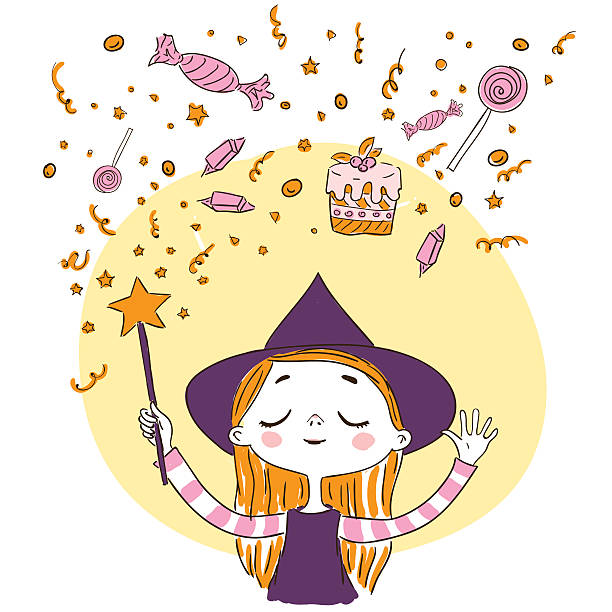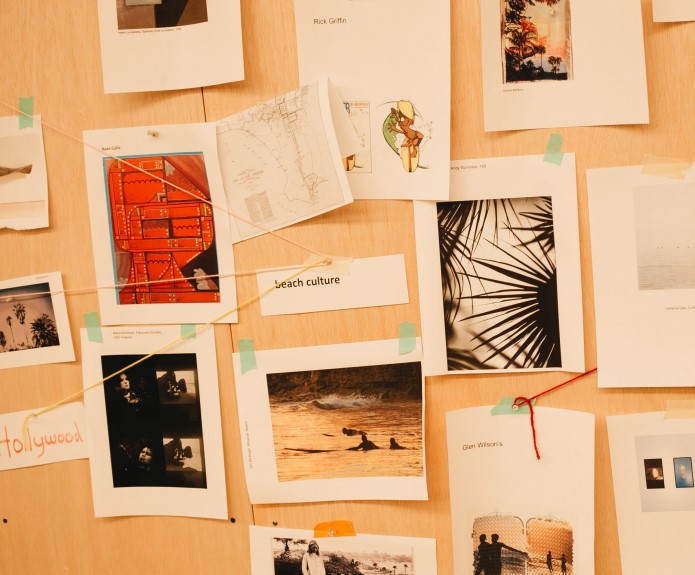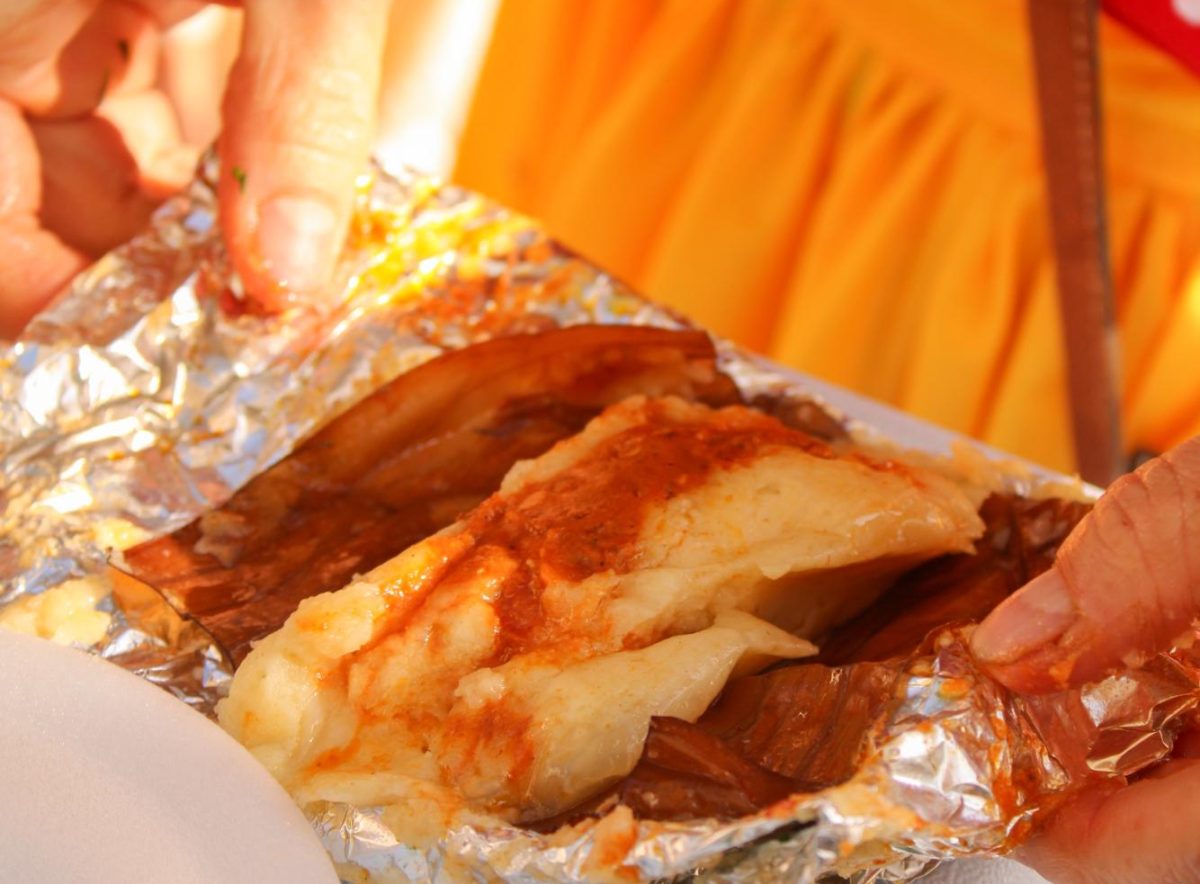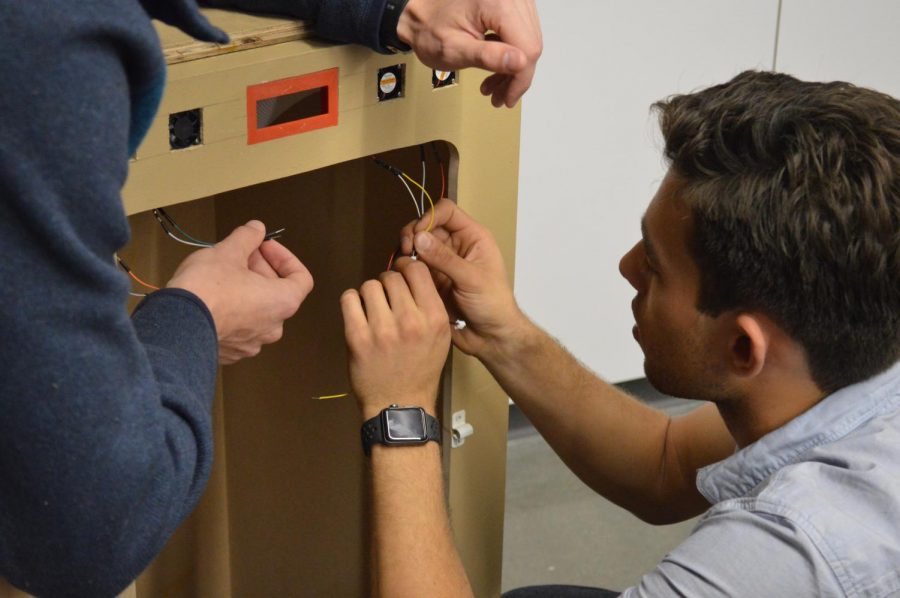(This story was originally published in print on Apr. 11, 2019).
Imagine if we could wave a magic wand that erased inequality around the world. This wand is so magical that it can even wipe away all discrimination from the planet.
We all wake up in a discrimination-free world with, say, a million dollars in our bank accounts, big homes, the best name brands in our closets and an equally wide-open horizon of options and opportunities. No oppressive “isms” or broken systems stand in anyone’s way. How long could we who care about justice enjoy a vacation from protesting inequality?
It would be more like a bathroom break than a vacation.
EQUALITY CANNOT LAST IF WE ARE FREE TO MAKE CHOICES
Since people have different priorities and make different life choices, inequalities would manifest within five minutes and grow larger by the day. To borrow some illustrations from “Parks and Recreation,” Donna expands her real estate business. Ben sinks his million into building Ice Town. Ron buys gold and buries it in the woods. Tommy throws a lavish red carpet party, complete with six open bars, a Bengal tiger and a shrimp wall. Chris invests in a vegan market chain. Andy blows his on Skittles and Dave Matthews tickets, while Jean-Ralphio is livin’ large with a high-end scarf collection and a RoLexus. Soon, the social scientists go to work studying inequalities. Massive disparities between individuals and groups come to light. Activists take to their Gryzzl devices to protest the injustice of it all.
Two points follow from our magic equality wand thought experiment.
First, we are being far too simplistic if we take discrimination as a one-size-fits-all explanation of inequality. In this fictional world—unlike the one we live in—there is zero discrimination. Yet there are huge disparities. What both worlds share in common is that different people have different priorities and make different choices. Should we expect those different people, priorities and choices to yield equal—or even close to equal—outcomes, even in a discrimination-free world? There is a sickening amount of discrimination and even inequality-based-on-discrimination in our fallen world. But there are also inequalities that have nothing to do with discrimination in our world. If we buy into the one-size-fits-all explanation—seeing inequality as automatic proof of discrimination—then we will likely find ourselves in many situations swinging swords against perceived injustices when we are only beating the air. The tragedy is we will find ourselves too blurry-eyed and exhausted to recognize and stand against the many real injustices and discrimination around us.
Second, notice that different outcomes result from different people with different priorities making different choices. Here is an ironclad law of the universe: Different people with different priorities making different choices will experience different outcomes. Should we expect the Donnas and Rons of the world to fare equally with the Jean-Ralphios of the world? No. But here is the crucial point: The more fully committed we become to a vision of justice in which unequal outcomes are automatically assumed to be the result of injustice, our quest for a more just world will lead—indeed it must lead—to the use of power to enforce sameness. Only people who are forced to be, believe and behave alike can have any hope of reaching the sacred goal of equal or close to equal outcomes. In the name of “justice” we must turn different choices into brainwashed obedience. Different priorities must be swallowed up by a grand collectivist ideology. Different people must be formed into an unquestioning legion of goose-stepping clones. Then and only then will we have the sameness that can forever save the world from the curse of unequal outcomes. As the Party slogan goes in George Orwell’s “1984,” “War is peace. Freedom is slavery. Ignorance is strength.”
WE MUST FOCUS ON INEQUALITY GROUNDED IN SIN
Some will think I am resorting to scare tactics. How, after all, could a noble goal like ending inequality bring on the apocalypse? If by ending inequality we mean “ending inequality that comes from discrimination or any other sin,” then I am right there with you. But if we do not bother to distinguish between inequalities that come from sin and those that do not, then we are well on our way, not to a fictional dystopia, but to repeating the most bloody mistakes of modern history. “Equality,” after all, was a waving banner of the Reign of Terror in France, the Gulags of Russia and Mao’s “Great Leap Forward.” “Equality” was also the banner over William Wilberforce’s abolition, Martin Luther King’s civil rights, and Desmond Tutu’s anti-apartheid movements.
Working to free the world of some inequalities is just, good and biblical. Working to free the world of other inequalities will turn us into power-thirsty monsters.
The Bible does not only call us to do justice but, as written in Jeremiah 7:5, to “truly execute justice.” The implication is that there are untrue ways to execute justice, so we must be discerning.
Thaddeus Williams is an associate professor of theology at Biola. After graduating from Biola in the early 2000s, he earned master’s degrees from Talbot School of Theology and UCLA and his doctorate from Vrije Universiteit of Amsterdam. He is the author of “Love, Freedom, and Evil” and “REFLECT: Becoming Yourself By Mirroring The Greatest Person in History” as well as a forthcoming book on social justice.















